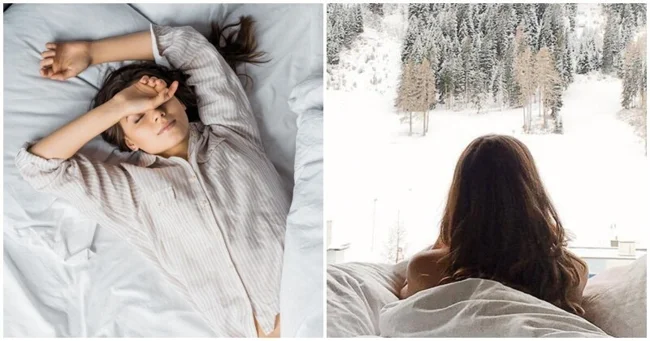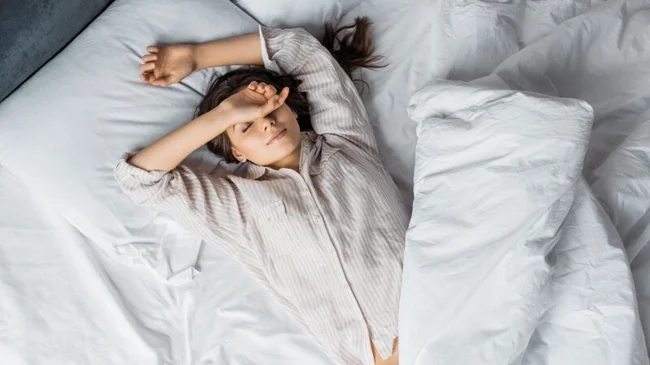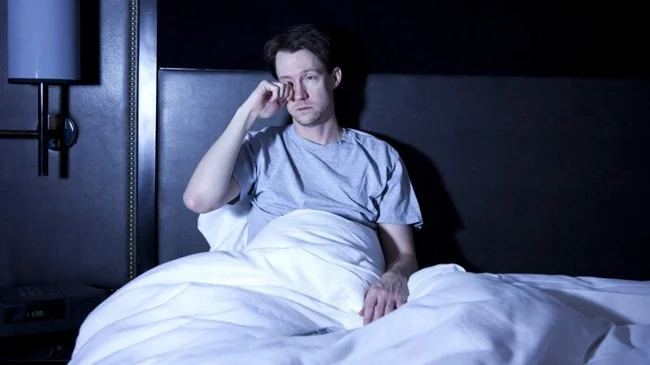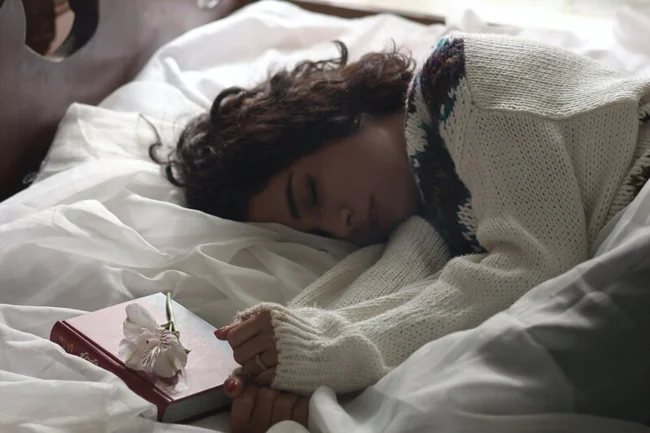We spend a third of our lives in a cozy bed, looking at all sorts of gifts from our subconscious. 
Scientists often continue to publish all sorts of discoveries about sleep.
Some of these facts are quite absurd and sleep continues to be a mysterious phenomenon.
Night owls are more likely to suffer from nightmares 
In 2011, researchers analyzed nightmares on a scale from 0 (never) to 4 (always) in 264 people. The Owls scored an average score of 2.1, while the Early Birds scored 1.23.
Scientists are confident that such a gap cannot be recorded as a statistical error. A team of scientists from the Dream and Nightmare Laboratory in Montreal conducted an online survey of almost 4,000 people, which also confirmed that the human body cycle (circadian rhythm) may be associated with nightmares. The reason is the stress hormone cortisol, which peaks in the morning when a person enters the REM phase before waking up. And if sleep continues during this period, then an increase in cortisol levels causes vivid dreams, most often nightmares.
People sometimes sleep like dolphins 
Dolphins only turn off half of their brains during sleep. And a recent laboratory study found evidence of the same phenomenon in humans. During the deep sleep phase, the brains of some subjects showed greater activity in the left hemisphere. This is a remnant of the survival strategy that we inherited from our ancestors.
Men dream about sex more often 
But women more often have nightmares.
In 2009, scientists from the University of the West of England conducted surveys among 200 women and men aged 18 to 25 years. An interesting study was published: if you ask women to talk about their most vivid dream, they are more likely than men to remember a nightmare, but men's dreams are more likely to contain sexual scenes.
Interrupting sleep is harmful 
Lack of sleep is known to cause irritation and fatigue. It was also found that physical condition will be worse if sleep is interrupted, even if you just go to bed early. If you go to bed late and sleep non-stop, you can sleep much better. Everything is simple here: constantly waking up, a person spends less time in the deep (most important) phase of sleep.
Sleep longer in winter 
People, of course, do not hibernate in winter, but it is actually more difficult to wake up at this time of year. An analysis of brain activity data from people from different countries showed that in northern countries people sleep a little longer than those who live in warm countries: 7 hours and 20 minutes versus 7 hours and 7 minutes. Somnologists explain that the duration of sleep in winter changes due to shorter daylight hours and this affects the circadian rhythm.
People sleep longer than their ancestors 
One of the most important problems of modern people (especially residents of a metropolis), as we often hear, is lack of sleep. But in fact, a study by scientists from the University of Chicago showed that over two decades, the proportion of survey participants who sleep more than 9 hours a day increased from 28% (1985) to 37% (data from 2007). 
Gadgets and modern technologies are also often targeted, as they say people sleep less because of them. But a 2015 study proved otherwise. Scientists collected data on the life expectancy of representatives of some African tribes and found that these people sleep less than 6.5 hours a day. But the average metropolis resident sleeps from 7 to 8 hours a day.
0 comments

